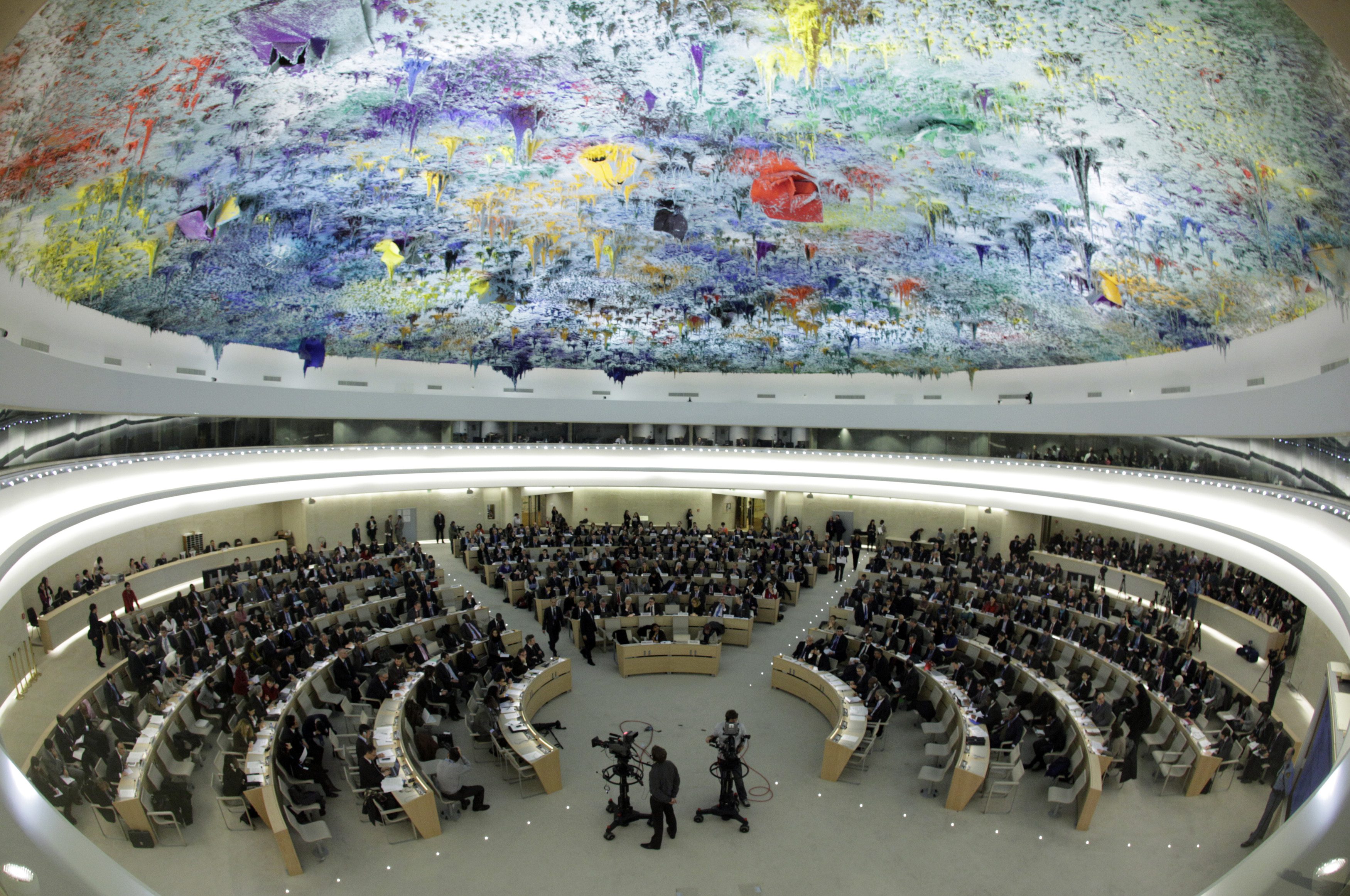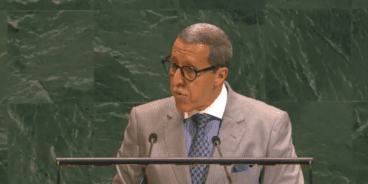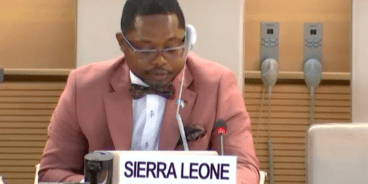

Statement delivered on behalf of members of the Group of Friends of R2P on Item 3 at the 48th session of the Human Rights Council
Click here for the video message delivered by Luxembourg on behalf of the UN Group of Friends of the Responsibility to Protect at HRC48.
Madam President,
I have the honour to deliver this statement on behalf of the Group of Friends of the Responsibility to Protect (R2P). A list of co-sponsors is available on the Extranet.
We thank the Special Rapporteur for his report, including his recommendations to member states and the wider international community on how to establish judicial and non-judicial measures to ensure accountability for genocide, war crimes, crimes against humanity, and ethnic cleansing.
As specifically highlighted in the report, the investigation, pursuit, capture, prosecution and punishment of persons responsible for human rights violations and the promotion of truth, justice, reparation and guarantees of non-recurrence are not only central in combatting impunity, but are also essential to preventing the recurrence of atrocity crimes. During an Intersessional Panel Discussion marking the 15th anniversary of the Responsibility to Protect held earlier this year, the UN High Commissioner for Human Rights equally emphasized that “accountability and reparation are both components of non-recurrence” of mass atrocities. As such, these concepts should be considered as part of atrocity prevention efforts. The HRC, through its prevention mandate, can play a vital role in such efforts.
In recent decades, we have witnessed significant achievements in developing and strengthening various types of accountability mechanisms and procedures – including through international tribunals, Special Courts, and hybrid mechanisms. As outlined by the Special Rapporteur, this contributed to important justice processes for atrocity crimes committed in various countries. At the same time, a multitude of domestic accountability processes and national proceedings in countries from all regions underline important progress achieved in combatting impunity.
Unfortunately, as emphasized in the report, much remains to be done to ensure justice for all victims and accountability for all perpetrators, wherever atrocity crimes are occurring. Today, impunity for those currently committing crimes remains rampant. Failure to close the impunity gap contributes to the recurrence of new violations and abuses and emboldens those responsible for atrocities to continue to commit or recommit genocide, war crimes, crimes against humanity, or ethnic cleansing.
At the same time, a victim-centred approach to accountability goes beyond judicial proceedings and criminal prosecutions, and focuses on fostering reconciliation, societal healing and access to the truth. Justice, truth, reparations, and guarantees of non-repetition are critical to such an approach. The implementation of such an approach should be localized. Local actors need to be empowered to find their own solutions. We also wish to emphasize the importance of the systematic inclusion of a gender lens to international and domestic accountability efforts for atrocity crimes, both in terms of how crimes are assessed and with regards to who participates in such efforts.
All human rights monitoring mechanisms, including the OHCHR, Special Procedures, Treaty Bodies and international investigative bodies, can play a key role in contributing to dealing holistically with atrocities. By collecting and preserving existing evidence, mapping patterns of violations and sometimes identifying individual perpetrators, Commissions of Inquiry, Fact-Finding Missions and other investigative bodies are instrumental to advancing legal accountability. At the same time, these mechanisms often specifically identify the root causes of atrocity crimes. This helps establish a fact-based historical record and facilitates an understanding of risk factors, which, if unaddressed, may lead to recurrence.
We therefore call on all UN member states actively to utilize the information produced by these bodies to adopt a forward-looking strategy in situations with atrocity risks and take measures to prevent renewed escalation.
The mandate and work of the Special Rapporteur underlines the unique added value of HRC mechanisms and procedures in implementing R2P. We therefore also warmly welcome this year’s Intersessional Panel Discussion on R2P at the HRC, which we believe helped to advance the genocide and atrocity prevention agenda across the UN human rights system, including through assisting countries in upholding their R2P.
Madam President,
We wish to commend governments that have undertaken steps to enact domestic legislation criminalizing atrocity crimes in accordance with their obligations under international law and encourage all States to explore avenues to do so.
In closing, we would like to ask the Special Rapporteur,
In your report, you emphasize that limited human, financial, technical and institutional resources often constitute obstacles for holding perpetrators to account. What role can the Geneva human rights system – including its technical assistance and capacity-building – play in assisting states in combatting impunity for atrocity crimes, and contribute to preventing their recurrence?
Thank you.
Related Content


Statement on behalf of the Group of Friends of the Responsibility to Protect at the 2025 UN General Assembly Debate on R2P
